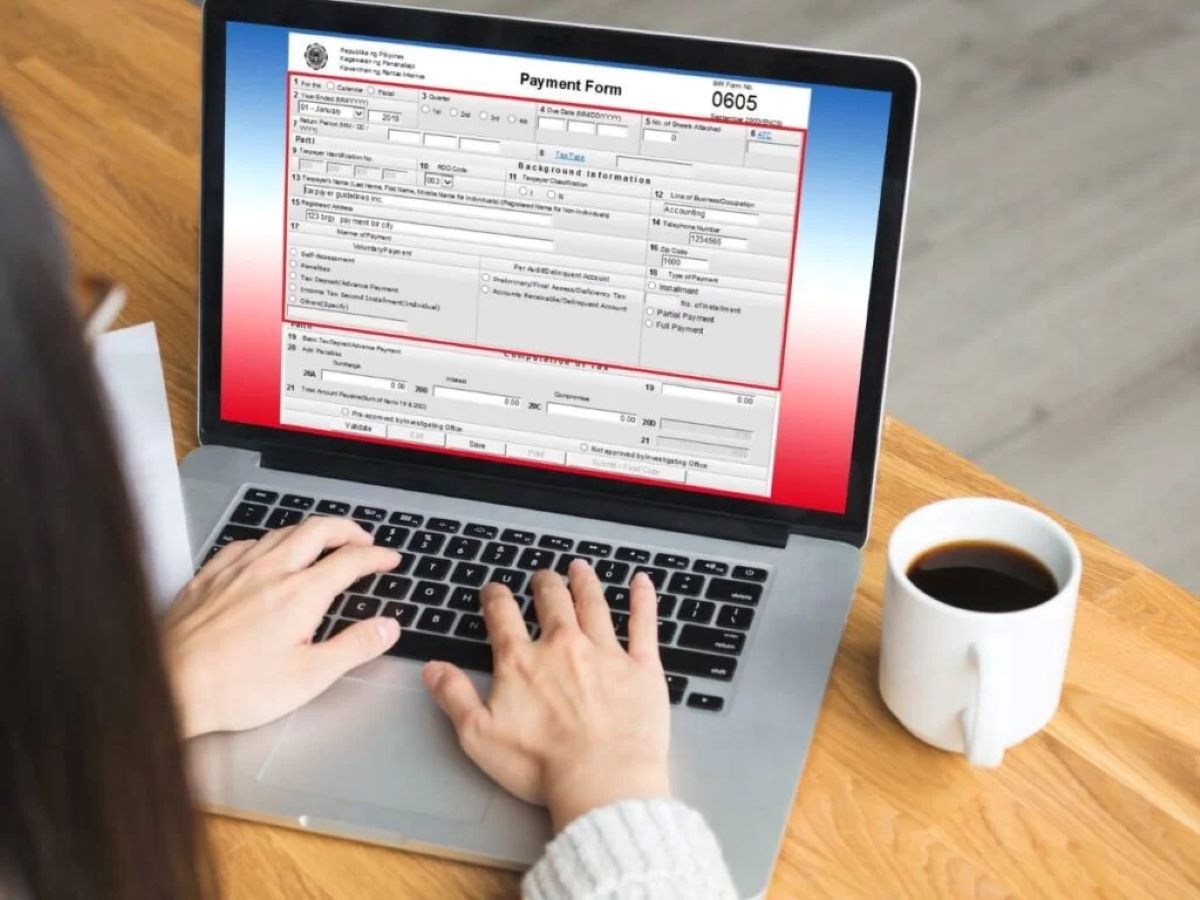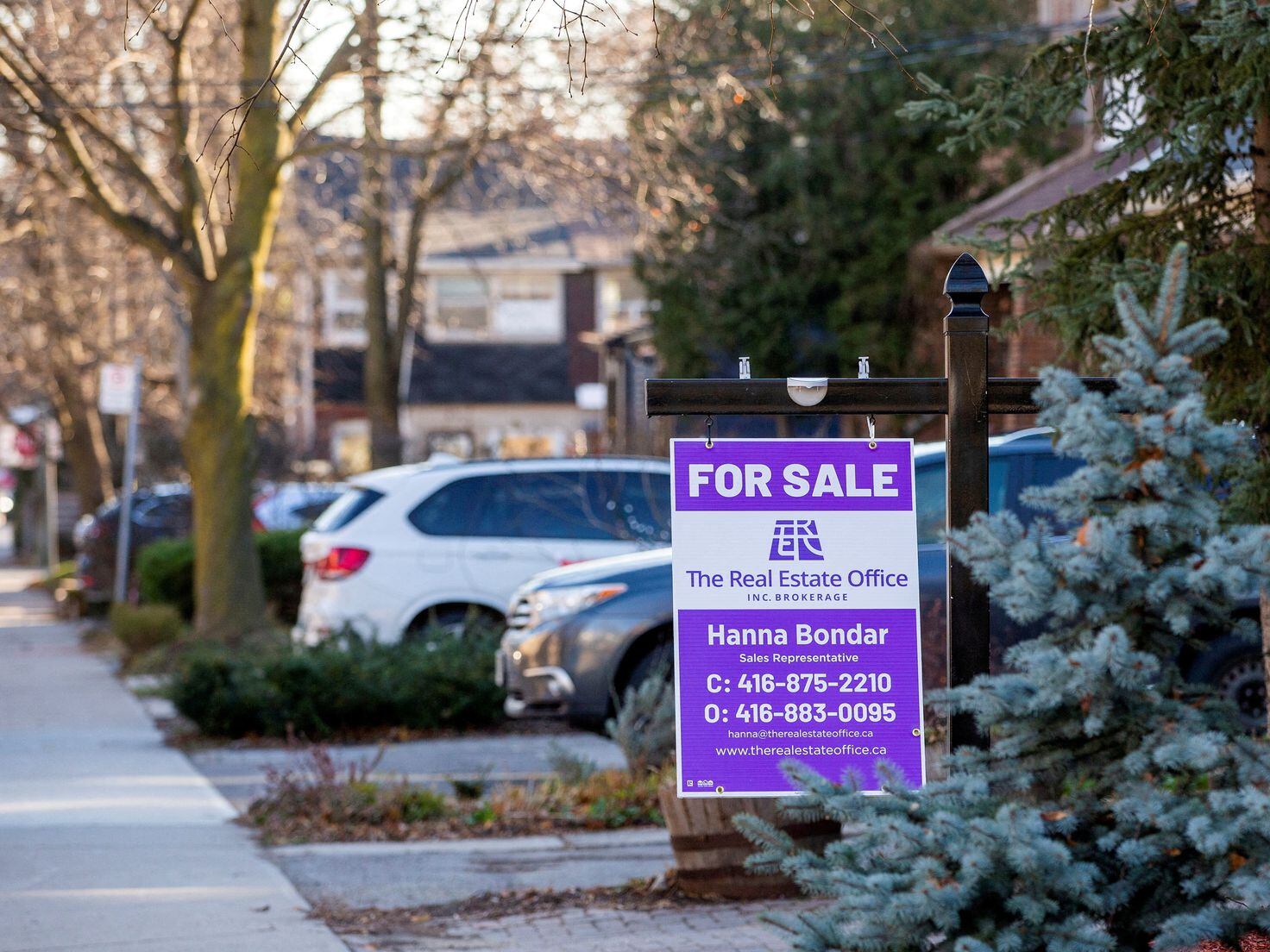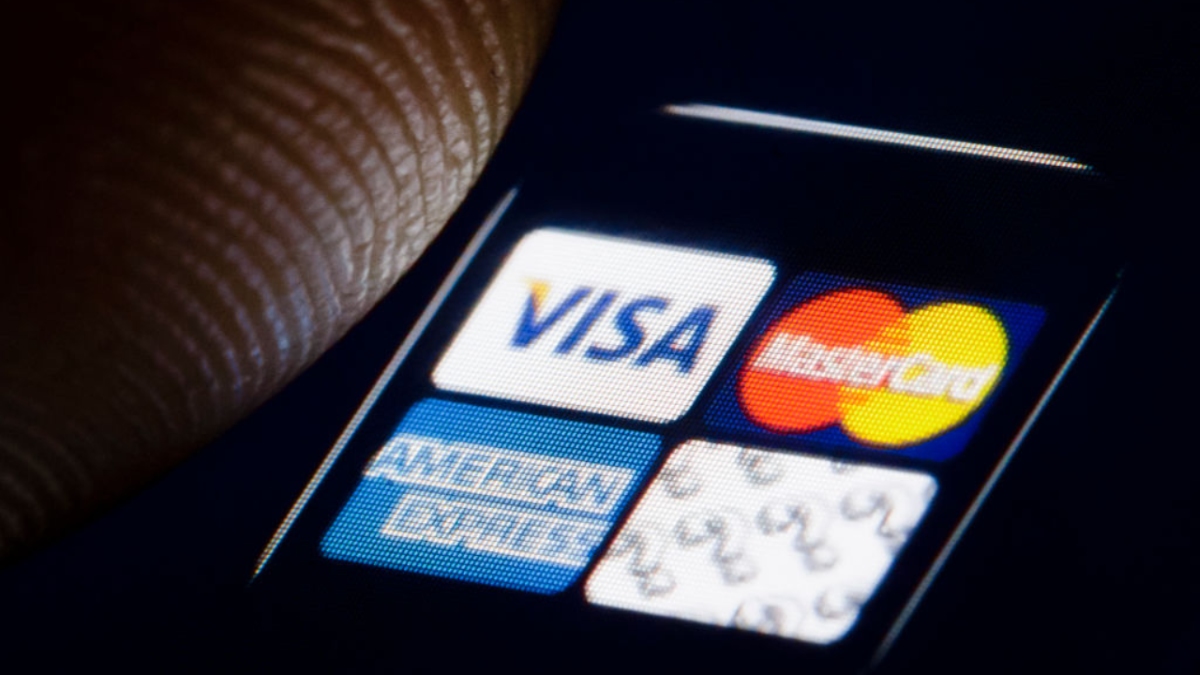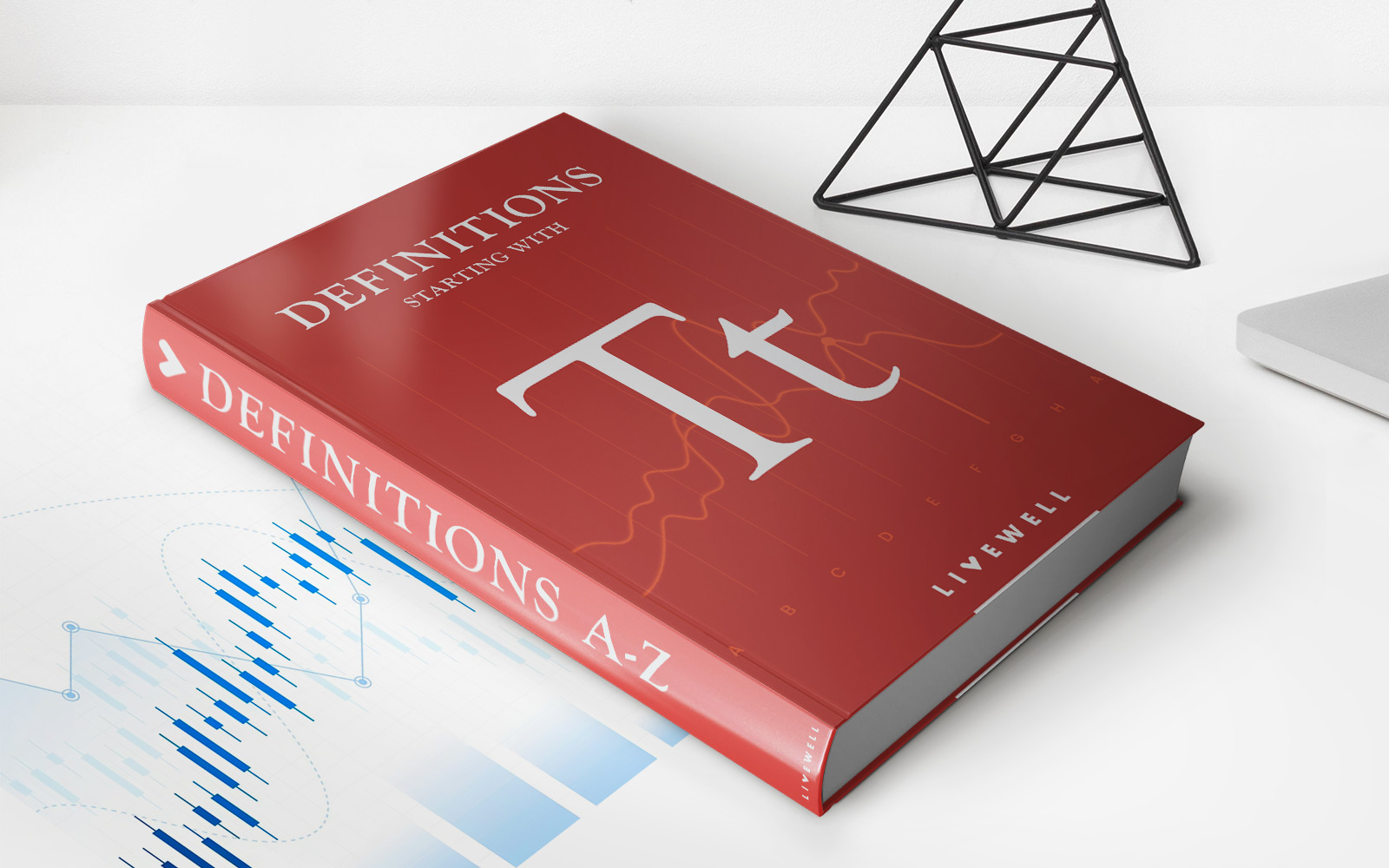Home>Finance>How Long Do I Have To Pay Credit Card After Late Fee
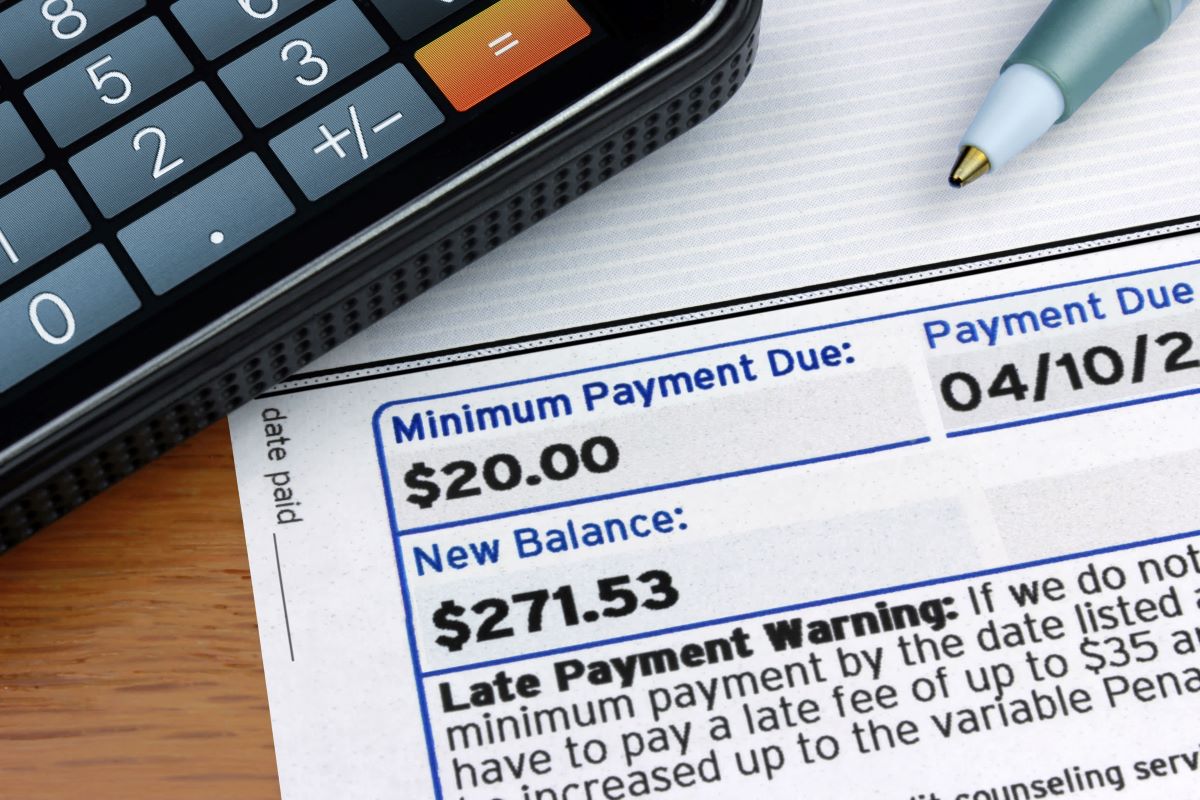

Finance
How Long Do I Have To Pay Credit Card After Late Fee
Published: February 23, 2024
Learn about credit card late fees and the time frame for making payments to avoid penalties. Get expert advice on managing your finances effectively.
(Many of the links in this article redirect to a specific reviewed product. Your purchase of these products through affiliate links helps to generate commission for LiveWell, at no extra cost. Learn more)
Table of Contents
**
Introduction
**
Welcome to the world of personal finance, where responsible money management is key to financial well-being. One crucial aspect of maintaining a healthy financial status is understanding the implications of late credit card payments. Late payments not only incur fees but can also have a detrimental impact on your credit score and overall financial health. In this article, we’ll delve into the nuances of late credit card payments, including the consequences of late payments, the grace period provided by credit card companies, and how to avoid late fees altogether.
Understanding the intricacies of credit card payments is essential for anyone seeking to navigate the complex landscape of personal finance. By shedding light on the consequences of late payments and providing insights into the grace period offered by credit card companies, we aim to empower individuals to make informed decisions regarding their financial obligations. So, let’s embark on this enlightening journey into the world of credit card payments and late fees, and discover the strategies for managing them effectively.
Understanding Late Fees and Grace Periods
Before delving into the specifics of the timeframe for paying credit card bills after incurring a late fee, it’s essential to grasp the concepts of late fees and grace periods. Late fees are charges imposed by credit card companies when cardholders fail to make the minimum payment by the due date. These fees can range from a fixed amount to a percentage of the overdue balance.
On the other hand, a grace period refers to the duration during which a cardholder can pay off their credit card balance without incurring interest. Grace periods typically range from 21 to 25 days and are provided to customers who have paid their previous month’s balance in full and on time. It’s important to note that not all credit card transactions qualify for a grace period, particularly cash advances and balance transfers, which usually start accruing interest immediately.
Understanding these fundamental concepts is crucial for effectively managing credit card payments. By comprehending the implications of late fees and the benefits of grace periods, cardholders can make informed decisions regarding their payment strategies and avoid unnecessary financial burdens.
Consequences of Late Payments
Late credit card payments can have far-reaching consequences that extend beyond the immediate financial impact. Firstly, late payments often result in the imposition of late fees, adding to the overall debt burden. These fees can range from a nominal amount to a substantial percentage of the outstanding balance, further exacerbating the financial strain on cardholders.
Moreover, late payments can significantly damage an individual’s credit score. Payment history is a critical factor in determining one’s credit score, and consistently missing payment deadlines can lead to a lower credit score. A lower credit score not only affects the ability to qualify for future credit but may also result in higher interest rates on loans and credit cards.
Additionally, some credit card companies may increase the cardholder’s interest rate as a penalty for late payments. This can lead to higher finance charges, amplifying the long-term cost of carrying a balance on the credit card.
Beyond the financial implications, late payments can also lead to emotional stress and anxiety. The burden of accumulating debt, coupled with the fear of damaging one’s creditworthiness, can take a toll on an individual’s overall well-being. Therefore, it is imperative for cardholders to be cognizant of the consequences of late payments and take proactive measures to avoid them.
How Long Do I Have to Pay After a Late Fee?
After incurring a late fee on your credit card, you are typically required to make the overdue payment promptly to avoid further financial repercussions. The specific timeframe for paying after a late fee can vary depending on the terms and conditions set forth by your credit card issuer. Generally, credit card companies provide a window of approximately 21 to 25 days from the statement closing date for the payment to be considered on time and to avoid additional late fees.
It’s important to note that the due date for your credit card payment is clearly outlined in your monthly statement. This due date signifies the deadline by which the minimum payment must be received to avoid being considered late. Failing to adhere to this deadline can result in the imposition of late fees and may have adverse effects on your credit score and financial standing.
However, it’s crucial to verify the specific terms and conditions associated with your credit card account, as the grace period and the timeframe for paying after a late fee can vary among different issuers and card products. Some credit card companies may offer a slightly extended grace period as a courtesy, while others strictly adhere to the standard timeframe for payment after a late fee.
Ultimately, it’s in the cardholder’s best interest to make timely payments and avoid incurring late fees altogether. By understanding the due date, grace period, and the consequences of late payments, individuals can proactively manage their credit card obligations and maintain a healthy financial profile.
Tips for Avoiding Late Payments
Avoiding late credit card payments is crucial for maintaining financial stability and preserving a positive credit history. Here are some valuable tips to help you steer clear of late payments:
- Set Up Automatic Payments: Take advantage of your credit card issuer’s automatic payment options. By scheduling automatic payments for at least the minimum amount due, you can ensure that your payments are made on time, providing peace of mind and eliminating the risk of late fees.
- Calendar Reminders: Utilize digital calendars or set up reminders on your smartphone to prompt you about upcoming payment due dates. This proactive approach can help you stay organized and prevent oversights in making timely payments.
- Payment Alerts: Many credit card companies offer payment alert services, allowing you to receive notifications via email or text message when your payment due date is approaching. Enabling these alerts can serve as a helpful prompt to submit your payment on time.
- Budgeting and Planning: Incorporate your credit card payments into your monthly budgeting process. By allocating funds for your credit card bills and planning ahead, you can ensure that you have the necessary resources to meet your payment obligations.
- Review Statements Regularly: Routinely review your credit card statements to verify the due dates and payment amounts. This practice can help you identify any discrepancies or irregularities and address them promptly, thereby avoiding potential late payments.
- Emergency Fund: Establishing an emergency fund can provide a financial safety net in unforeseen circumstances, such as unexpected expenses or income disruptions, ensuring that you can continue to meet your financial obligations, including credit card payments.
By implementing these strategies and maintaining a proactive approach to managing your credit card payments, you can minimize the risk of late fees and safeguard your creditworthiness, contributing to a solid financial foundation.
Conclusion
Navigating the realm of credit card payments and late fees necessitates a comprehensive understanding of the associated concepts and implications. Late payments can lead to financial penalties, damage to credit scores, and emotional stress, underscoring the importance of proactive payment management. By comprehending the grace periods, consequences of late payments, and strategies for avoiding delinquency, individuals can take control of their financial responsibilities and mitigate potential setbacks.
Understanding the timeframe for paying after a late fee and adhering to payment due dates are pivotal in maintaining financial stability and minimizing unnecessary expenses. Leveraging automated payment options, setting up reminders, and diligently monitoring statements can aid in avoiding late payments and their adverse effects. Furthermore, fostering sound budgeting practices and establishing emergency funds can fortify financial resilience and facilitate consistent payment management.
Ultimately, the proactive management of credit card payments not only mitigates the risk of late fees and financial strain but also contributes to the cultivation of a positive credit history. By integrating these insights into your financial routine, you can navigate credit card obligations with confidence, ensuring a solid foundation for your financial well-being.
As you continue to navigate the intricacies of personal finance, remember that informed decision-making and proactive financial management are instrumental in achieving long-term financial health and stability. By staying attuned to your credit card terms, maintaining timely payments, and leveraging prudent financial practices, you can pave the way for a secure financial future.







